Kiev: Russian forces ‘decreased’ attacks on Bakhmut to regroup
Russian attacks on the eastern Ukrainian city of Bakhmut have “decreased” so that Moscow regroups its forces and strengthens their capabilities, a senior Kiev official claimed.
In a statement published via Telegram on Saturday, Deputy Defense Minister Hanna Maliar further added that Russian forces have continued attacking but that “overall offensive activity has decreased.”
Russian forces had “made a bet on conducting air strikes and intensive artillery fire,” she also alleged, adding, “The decrease in the enemy’s offensive activity is due to the fact that troops are being replaced and regrouped.”
“The enemy is trying to strengthen its capabilities,” Maliar insisted.
Russia’s Wagner military group said on Thursday that it began handing over its positions to regular Russian military troops this week after declaring full control of Bakhmut.
“By May 25, we will completely examine [Bakhmut], create the necessary lines of defense, and hand it to the military,” Wanger’s chief Yevgeny Prigozhin noted in a video posted on Telegram last week that featured Wagner forces holding up Russian flags in the city, adding, “We ourselves will go into field camps.”
This is while Kiev has rejected Moscow's announcement of capturing all of Bakhmut, claiming that its forces still have a foothold in the Donbas city and are steadily "encircling" Russian forces holding the devastated town center.
Maliar further claimed on Saturday that Ukrainian troops “hold down” the heights overlooking Bakhmut from the north and south, as well as part of the city’s outskirts, but have not advanced for the past two days to focus on “other tasks,” without elaborating.
Moscow, however, insists that Bakhmut's capture serves as a stepping stone and a rare battlefield gain in completing the capture of the Donbas industrial region (composed of Donetsk and Luhansk), one of Moscow’s most important objectives.
The battle over the city has been described as the heaviest to take place between the Russian and Ukrainian forces since last year’s February, when Moscow began its “special military operation” in the ex-Soviet republic.
Meanwhile, Ukraine’s National Security and Defense Council Secretary Oleksiy Danilov also claimed in an interview on Saturday that Ukraine’s much-publicized counteroffensive has not yet begun.
Moreover, Ukrainian Presidential Aide Mykhailo Podolyak insisted in an interview that preliminary operations such as destroying supply lines or blowing up depots had already begun.
His remarks followed an attack by two drones on an oil pipeline facility on Saturday that caused an explosion in Russia’s Pskov region near the border with Belarus, damaging an office building in the compound. While Ukrainian officials have kept silent on the attack, Moscow has blamed Kiev for the incident.
Ukrainian authorities have never publicly confirmed Kiev’s attacks against targets inside Russia, but top officials in Kiev have occasionally welcomed news of successful drone strikes on Russian soil.
Meanwhile, a statement released Friday by the intelligence directorate of Ukraine’s Ministry of Defense further claimed, without offering evidence, that Russia is plotting a “large-scale provocation” at Zaporizhzhia nuclear power plant, the biggest in Europe, with the aim of disrupting what he described as a looming Ukrainian counteroffensive.
There were no immediate comments from the IAEA or Russian officials on the allegation, though deputy chairman of Russia's Security Council and the country's former president, Dmitry Medvedev, has reportedly warned that if Russia loses, a nuclear war could break out.
Iran reports further drop in annual inflation rate in December
Israel indicts two settlers over suspected spying for Hezbollah
Iran: US airstrikes on Yemen war crimes, violation of international law
Yemeni armed forces down F-18 fighter jet, repel US-UK attack: Spokesman
Iran warns against US-Israeli plot to weaken Muslims, dominate region
VIDEO | Public uproar in US against Israeli regime
‘Ghost town’: 70% of Jabalia buildings destroyed by Israel
Mother’s Day: Sareh Javanmardi’s inspiring journey as Paralympic champion and mother


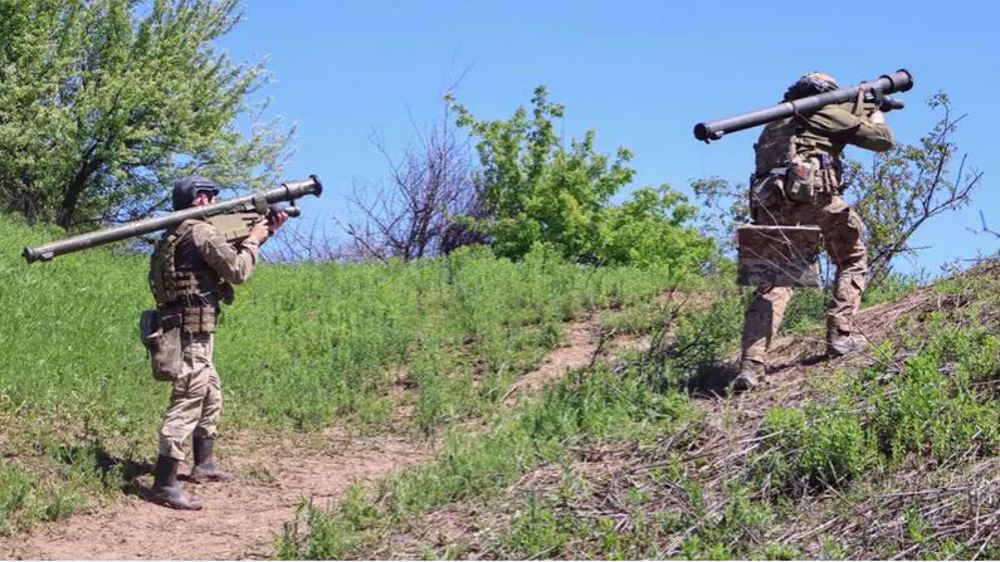
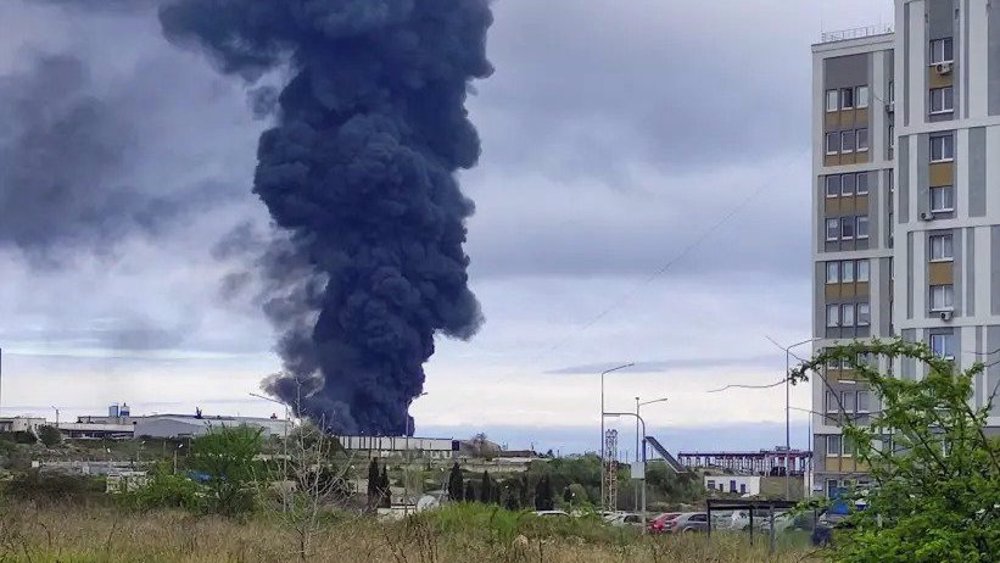
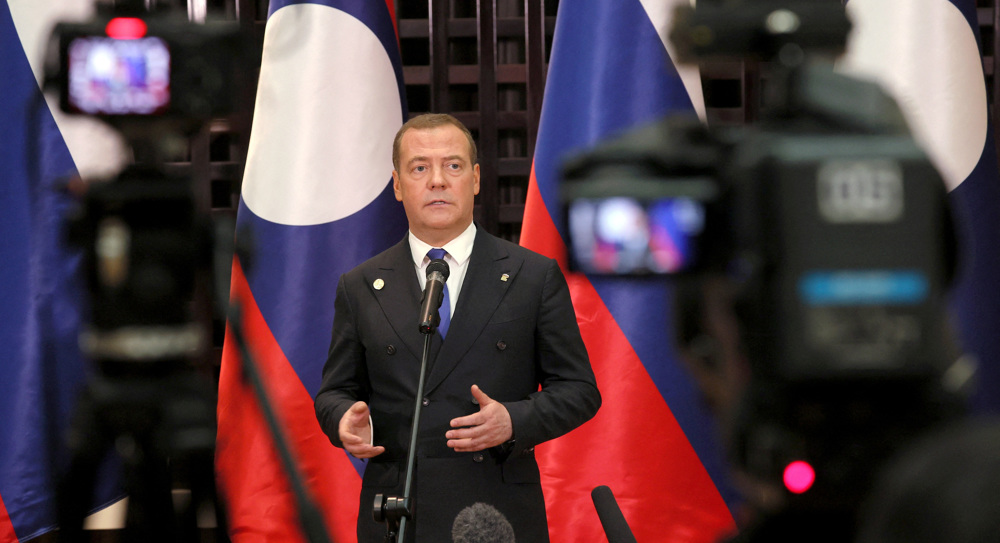






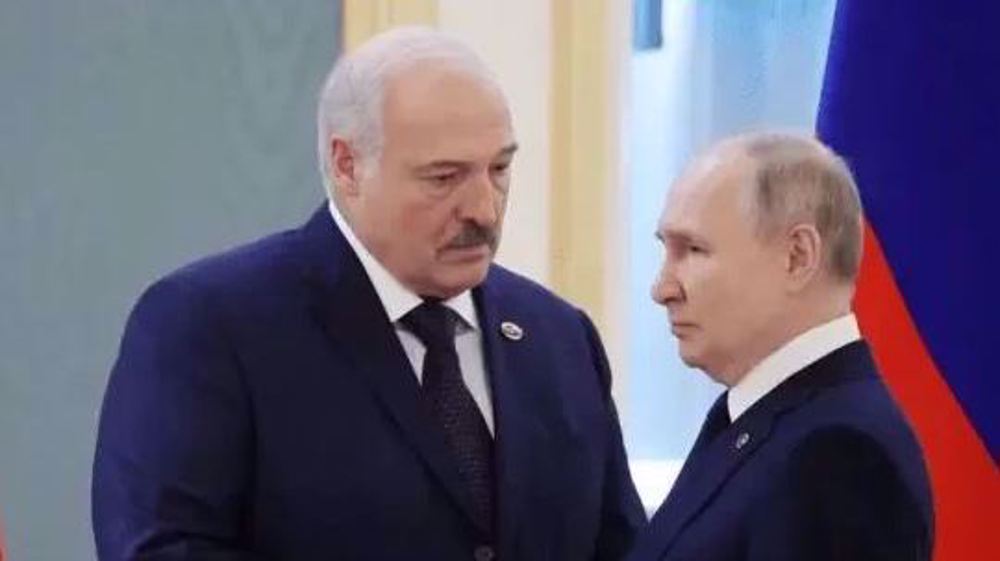
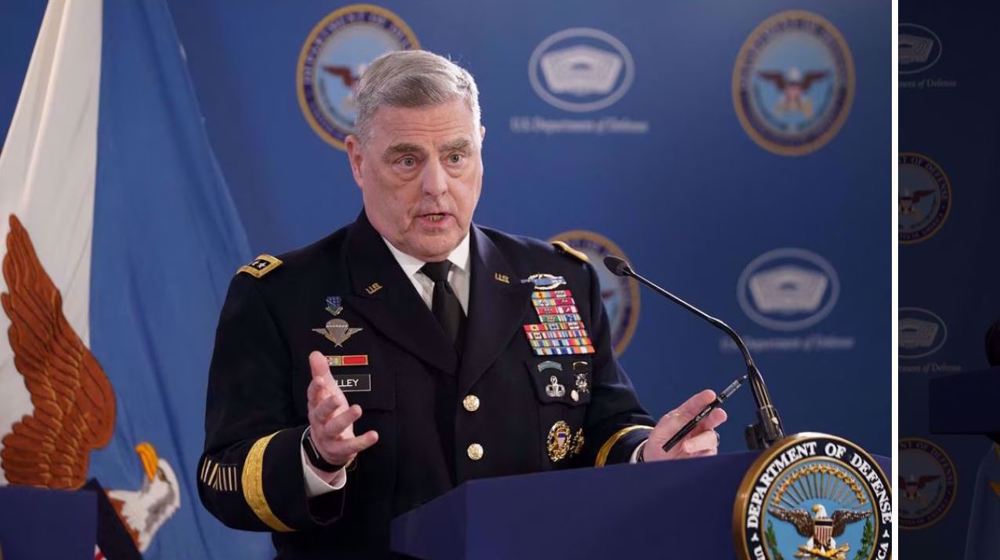
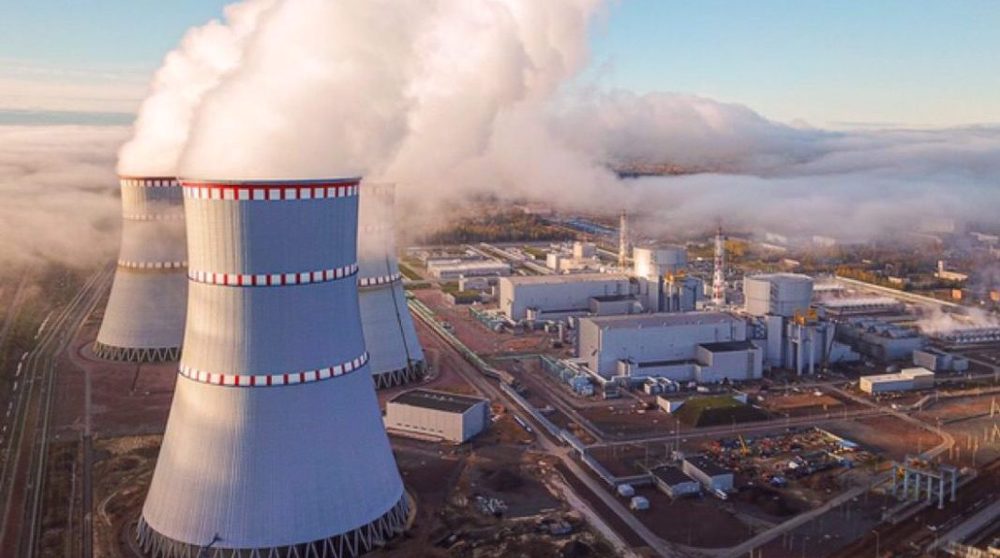
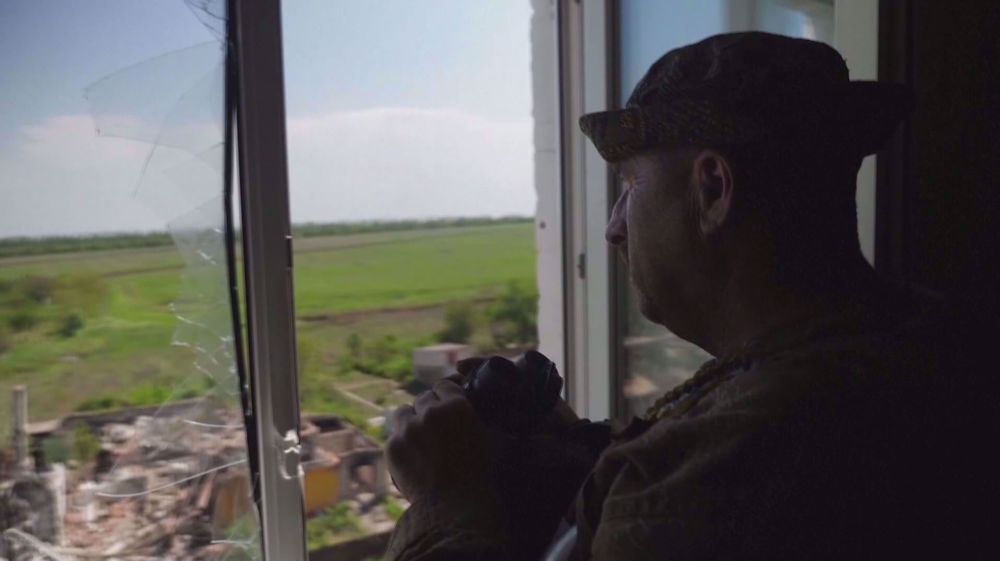
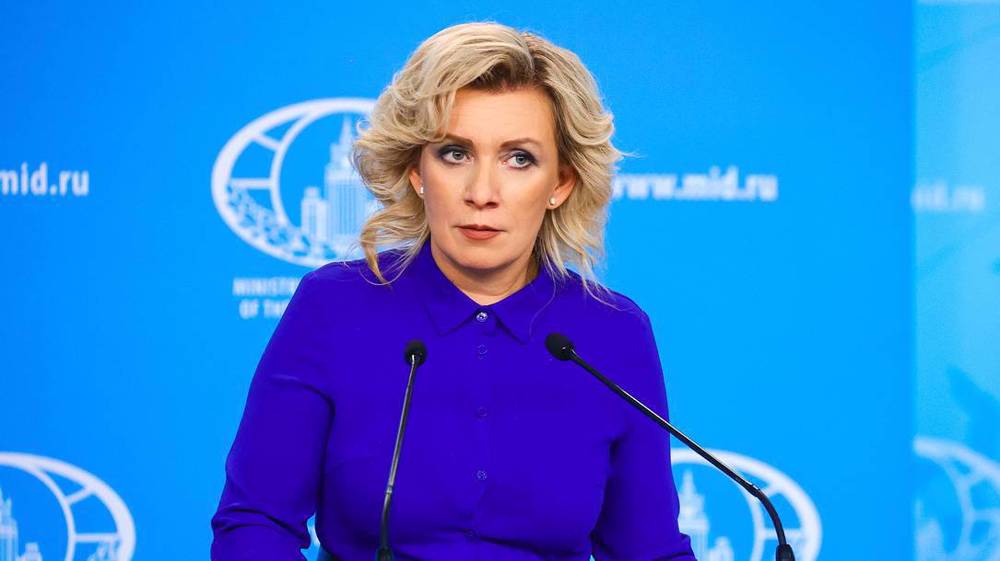

 This makes it easy to access the Press TV website
This makes it easy to access the Press TV website